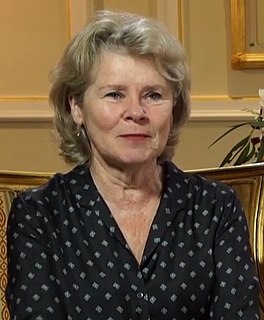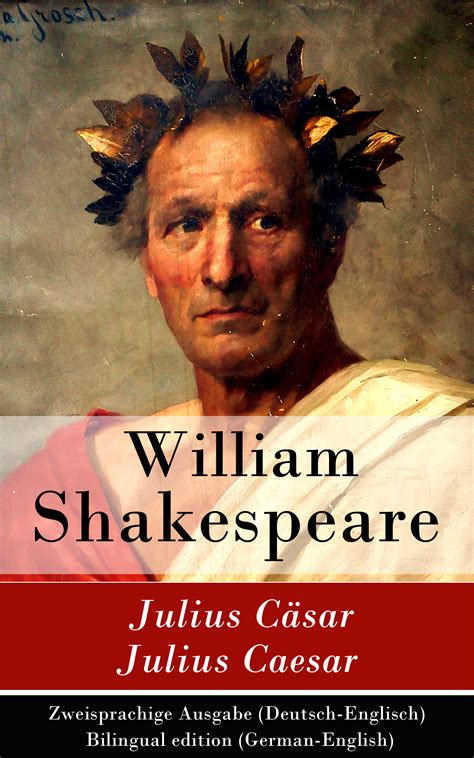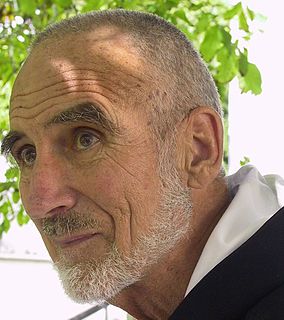A Quote by Arturo Pérez-Reverte
One is never alone with a book nearby, don't you agree? Every page reminds us of a day that has passed and makes us relive the emotions that filled it. Happy hours underlined in red pencil, dark ones in black.
Related Quotes
We are all a volume on a shelf of a library, a story unto ourselves, never possibly described with one word or even very accurately with thousands. A person is never as quiet or unrestrained as they seem, or as bad or good, as vulnerable or as strong, as sweet or as fiesty; we are thickly layered, page upon lying page, behind simple covers. And love - it is not the book itself, but the binding. It can rip us apart or hold us together.
Day and night, and every moment, there are voices about us. All the hours speak as they pass; and in every event there is a message to us; and all our circumstances talk with us; but it is in Divine language, that worldliness misunderstands, that selfishness is frightened at, and that only the children of God hear rightly and happily.
If the book we are reading does not wake us, as with a fist hammering on our skull, why then do we read? So that it shall make us happy? Good God, we should also be happy if we had no books, and such books as make us happy we could, if need be, write ourselves. But what we must have are those books which come upon us like ill fortune, and distress us deeply, like the death of one we love better than ourselves; like suicide. A book must be an ice-axe to break the sea frozen inside us.







































